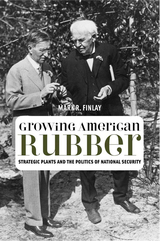
Although synthetic rubber emerged from World War II as one solution, the issue of ever-diminishing natural resources and the question of how to meet twenty-first-century consumer, military, and business demands lingers today.
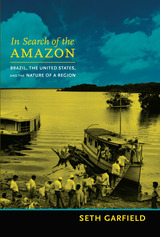
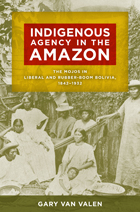
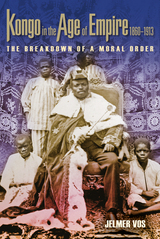
Vos underlines that Kongo's incorporation in the European state system also had tragic consequences, including the undermining of local African structures of authority—on which the colonial system actually depended. Kongo in the Age of Empire carefully documents the involvement of Kongo's royal court in the exercise of Portuguese rule in northern Angola and the ways that Kongo citizens experienced colonial rule as an increasingly illegitimate extension of royal power.
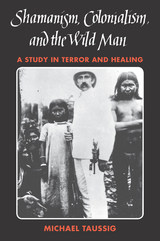
"This extraordinary book . . . will encourage ever more critical and creative explorations."—Fernando Coronil, [I]American Journal of Sociology[/I]
"Taussig has brought a formidable collection of data from arcane literary, journalistic, and biographical sources to bear on . . . questions of evil, torture, and politically institutionalized hatred and terror. His intent is laudable, and much of the book is brilliant, both in its discovery of how particular people perpetrated evil and others interpreted it."—Stehen G. Bunker, Social Science Quarterly
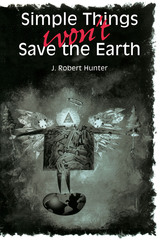
We drive cars with "Save the Whales" bumper stickers, buy aerosol sprays that advertise "no chlorofluorocarbons," and wear T-shirts made from organically grown cotton. All of these "earth friendly" choices and products convince us that we are "thinking globally, acting locally" and saving the planet. But are we really?
In this provocative book, J. Robert Hunter asserts that using catchy slogans and symbols to sell the public on environmental conservation is ineffective, misleading, and even dangerous. Debunking the Fifty Simple Things You Can Do to Save the Earth approach, Hunter shows that there are no simple solutions to major environmental problems such as species extinction, ozone depletion, global warming, pollution, and non-renewable resource consumption.
The use of slogans and symbols, Hunter argues, simply gives the public a false sense that "someone" is solving the environmental crisis—while it remains as serious now as when the environmental movement began. Writing in plain yet passionate prose for general readers, he here opens a national debate on what is really required to preserve the earth as a habitat for the human species.
READERS
Browse our collection.
PUBLISHERS
See BiblioVault's publisher services.
STUDENT SERVICES
Files for college accessibility offices.
UChicago Accessibility Resources
home | accessibility | search | about | contact us
BiblioVault ® 2001 - 2024
The University of Chicago Press









